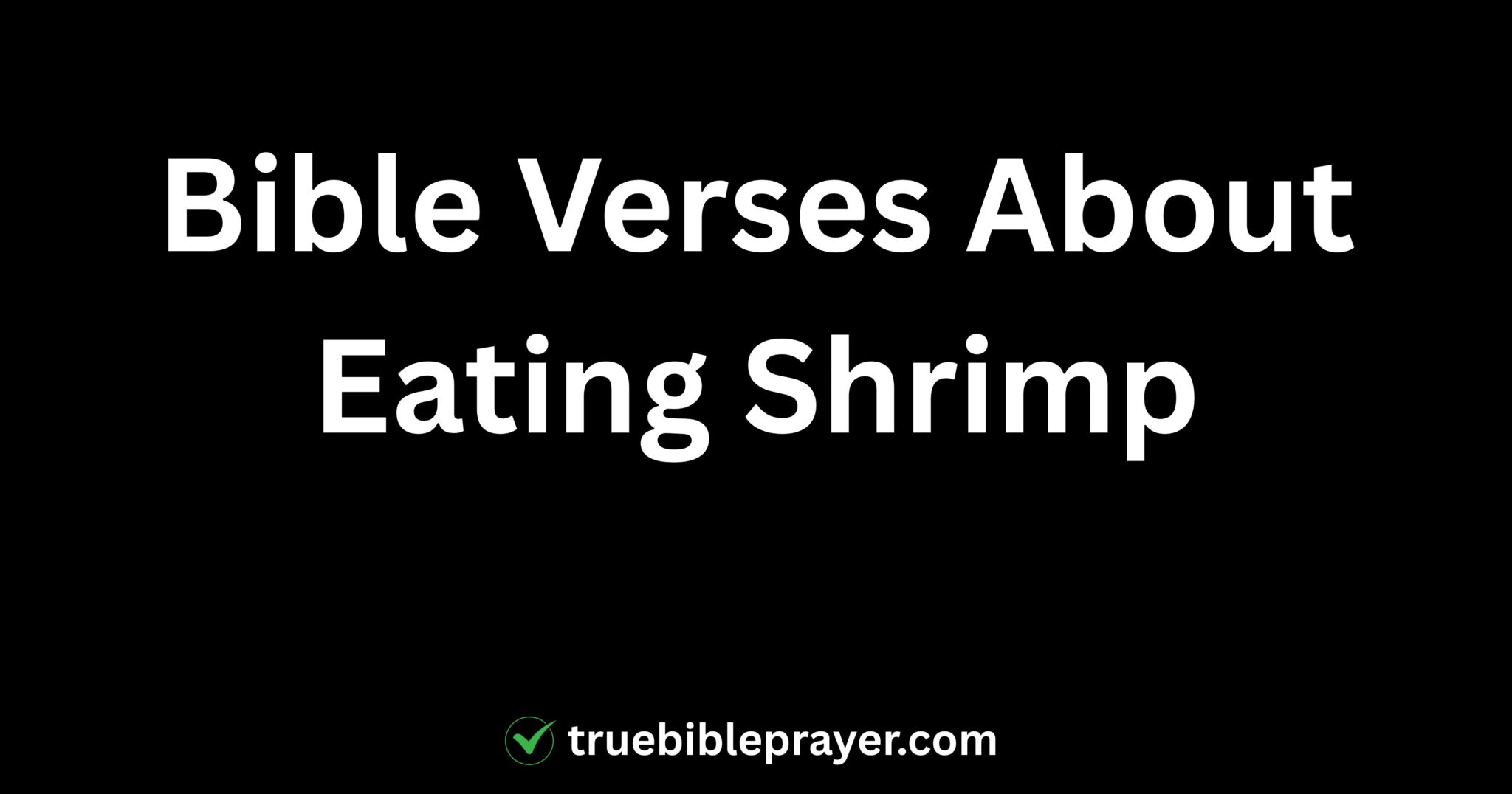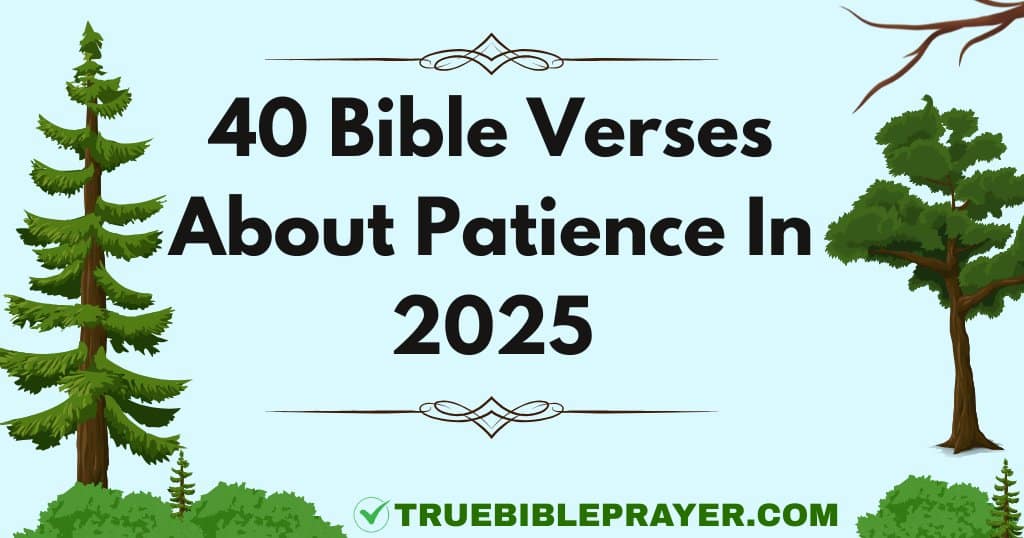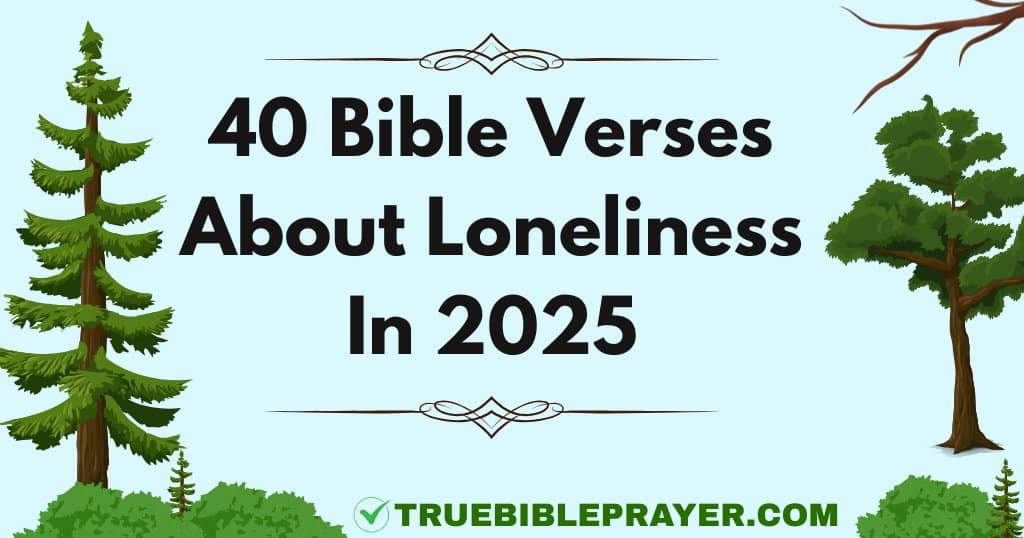Eating shrimp means consuming shrimp as food. Shrimp are small shellfish found in both freshwater and saltwater. They are commonly used in many dishes around the world, valued for their taste and texture.
From a biblical or spiritual perspective, eating shrimp can carry deeper meaning. In the Old Testament, shrimp are considered unclean because they do not have fins and scales. This makes some believers question whether they should include shrimp in their diet today.
So, eating shrimp is not just a dietary choice for everyone. For some, it also touches on faith, health, tradition, and personal conviction.
This article offers clear guidance based on scripture and real-life understanding. You will find thoughtful explanations, practical advice, and meaningful reflections to help you navigate this topic with confidence.
what does the bible say about eating shrimp
The Bible speaks clearly about eating shrimp in the Old Testament. In Leviticus 11:10-12, it says that creatures in the water without fins and scales are unclean. Shrimp fall into this category. For the Israelites, eating shrimp was not allowed. It was part of the dietary laws God gave to set them apart.
These laws taught discipline and spiritual purity. Shrimp, being bottom feeders, were seen as impure. That made them off-limits. Many still honor these laws today out of respect for biblical tradition.
But the New Testament brings a shift. In Acts 10:13-15, Peter sees a vision where God tells him to eat what was once called unclean. God says, “Do not call anything impure that God has made clean.” This shows that the old food laws were no longer required for salvation.
I believe this change matters. It shows that spiritual cleanliness is no longer tied to food. It is tied to the heart. Still, if someone feels called to avoid shrimp, that choice deserves respect. Faith is not about rules. It is about relationship and obedience to God’s leading.
Clean and Unclean Animals in the Old Testament
Leviticus 11:10
“But whatever is in the seas and in the rivers that does not have fins and scales, among all the swarming things in the waters and among all the living creatures that are in the waters, they are detestable to you.”
Description: This verse defines what is considered unclean among sea creatures.
Interpretation: Shrimp, lacking both fins and scales, are labeled detestable and unfit for consumption under Mosaic Law.
Leviticus 11:11
“And they shall be abhorrent to you; you may not eat of their flesh, and their carcasses you shall detest.”
Description: God commands the Israelites not only to avoid eating such sea creatures but also to detest their remains.
Interpretation: Shrimp and similar creatures were viewed as spiritually and ceremonially unclean, emphasizing total avoidance.
Leviticus 11:12
“Everything in the waters that does not have fins and scales is detestable to you.”
Description: This verse reinforces the dietary boundary without exceptions.
Interpretation: Shrimp clearly fall under this ban, marking them as forbidden food for the people of Israel.
Deuteronomy 14:9
“These you may eat of all that are in the waters: whatever has fins and scales you may eat.”
Description: This verse outlines what is permitted, helping define what is clean.
Interpretation: Since shrimp do not meet this standard, they are excluded from acceptable foods.
Deuteronomy 14:10
“But whatever does not have fins and scales you shall not eat; it is unclean for you.”
Description: This verse directly states the command regarding unclean sea animals.
Interpretation: Shrimp, lacking fins and scales, are clearly unclean and not allowed under Old Testament dietary law.
Leviticus 11:43
“You shall not make yourselves detestable with any swarming thing that swarms, and you shall not defile yourselves with them and become unclean through them.”
Description: This verse expands the focus from animals to the spiritual state of the people.
Interpretation: Eating shrimp, considered a swarming sea creature, was not just a dietary choice but a spiritual issue tied to cleanliness.
Leviticus 11:44
“For I am the Lord your God. Consecrate yourselves therefore, and be holy, for I am holy. You shall not defile yourselves with any swarming thing that crawls on the ground.”
Description: God calls for holiness and connects it with avoiding unclean things.
Interpretation: Obeying food laws, including avoiding shrimp, was a way to live in holiness before God.
Leviticus 20:25
“You shall therefore separate the clean beast from the unclean, and the unclean bird from the clean. You shall not make yourselves detestable by beast or by bird or by anything with which the ground crawls.”
Description: This law promotes separation between what is pure and impure.
Interpretation: Shrimp, falling in the unclean category, are to be avoided to maintain purity.
Leviticus 11:2
“Speak to the people of Israel, saying, These are the living things that you may eat among all the animals that are on the earth.”
Description: God gives Moses the authority to declare dietary laws to the people.
Interpretation: This sets the foundation for the laws that include prohibitions against shrimp.
Ezekiel 22:26
“Her priests have done violence to my law and have profaned my holy things. They have made no distinction between the holy and the common, neither have they taught the difference between the unclean and the clean.”
Description: A rebuke against leaders who failed to teach God’s standards.
Interpretation: Teaching the difference between clean and unclean foods, such as avoiding shrimp, was a crucial part of spiritual leadership.
Get More:
Bible Verses About Teachers
Bible Verses About Dinosaurs
Bible Verses About Wife Duties
Jesus and the New Covenant on Food
Matthew 15:11
“It is not what goes into the mouth that defiles a person, but what comes out of the mouth; this defiles a person.”
Description: Jesus speaks to the religious leaders about true defilement.
Interpretation: This challenges the old view that food, including unclean meats like shrimp, can make someone spiritually unclean.
Matthew 15:17
“Do you not see that whatever goes into the mouth passes into the stomach and is expelled?”
Description: Jesus explains the temporary nature of food in the body.
Interpretation: Shrimp or any other food does not have lasting spiritual impact. It is what is in the heart that matters more.
Matthew 15:18
“But what comes out of the mouth proceeds from the heart, and this defiles a person.”
Description: Jesus continues His point about inner purity.
Interpretation: Focus shifts from external food laws, like avoiding shrimp, to internal righteousness and heart posture.
Mark 7:18
“And he said to them, Then are you also without understanding? Do you not see that whatever goes into a person from outside cannot defile him?”
Description: Jesus corrects His disciples on their understanding of food laws.
Interpretation: Shrimp, though once forbidden, no longer defiles a person under the New Covenant.
Mark 7:19
“Since it enters not his heart but his stomach, and is expelled?” (Thus he declared all foods clean.)
Description: This parenthetical statement marks a turning point in dietary laws.
Interpretation: According to the gospel, Jesus declared all foods—including shrimp—clean, removing the old restrictions.
Acts 10:13
“And there came a voice to him: Rise, Peter; kill and eat.”
Description: God speaks to Peter in a vision about eating animals previously considered unclean.
Interpretation: This vision redefines what is clean. Shrimp and other former “unclean” foods are no longer off-limits.
Acts 10:14
“But Peter said, By no means, Lord; for I have never eaten anything that is common or unclean.”
Description: Peter resists the command based on his Jewish upbringing.
Interpretation: Shrimp and similar foods were deeply rooted as forbidden, yet God begins to shift that understanding.
Acts 10:15
“And the voice came to him again a second time, What God has made clean, do not call common.”
Description: God affirms a new truth to Peter.
Interpretation: The old food laws, including the shrimp restriction, are no longer binding. What God cleanses is acceptable.
Romans 14:2
“One person believes he may eat anything, while the weak person eats only vegetables.”
Description: Paul addresses disagreements on diet in the early church.
Interpretation: Some believers eat freely, even shrimp, while others hold to older restrictions. Both choices are respected.
Romans 14:3
“Let not the one who eats despise the one who abstains, and let not the one who abstains pass judgment on the one who eats, for God has welcomed him.”
Description: Paul teaches mutual respect among believers over food matters.
Interpretation: Whether you eat shrimp or not, what matters is your faith and respect for others’ convictions.
Christian Liberty and Food in the Early Church
Romans 14:14
“I know and am persuaded in the Lord Jesus that nothing is unclean in itself, but it is unclean for anyone who thinks it unclean.”
Description: Paul addresses personal conviction and spiritual maturity.
Interpretation: Eating shrimp is not inherently wrong. It becomes an issue only if a believer’s conscience is troubled by it.
Romans 14:20
“Do not, for the sake of food, destroy the work of God. Everything is indeed clean, but it is wrong for anyone to make another stumble by what he eats.”
Description: Paul urges sensitivity in freedom.
Interpretation: Shrimp may be clean, but it should not be eaten in a way that offends or harms another’s faith.
1 Corinthians 8:8
“Food will not commend us to God. We are no worse off if we do not eat, and no better off if we do.”
Description: Paul speaks about food in relation to spiritual status.
Interpretation: Eating shrimp has no bearing on salvation. It is a matter of conscience, not righteousness.
1 Corinthians 10:25
“Eat whatever is sold in the meat market without raising any question on the ground of conscience.”
Description: Paul gives practical instruction to Gentile believers.
Interpretation: Shrimp, like any food, can be eaten freely unless it directly violates one’s personal faith or causes others to stumble.
1 Corinthians 10:31
“So, whether you eat or drink, or whatever you do, do all to the glory of God.”
Description: Paul encourages a God-centered approach to daily living.
Interpretation: Eating shrimp is not about ritual purity but about honoring God in all choices.
Colossians 2:16
“Therefore let no one pass judgment on you in questions of food and drink, or with regard to a festival or a new moon or a Sabbath.”
Description: Paul warns against legalistic judgment over religious observances.
Interpretation: Shrimp should not be a source of shame or judgment among believers.
Colossians 2:21-22
“Do not handle, Do not taste, Do not touch (referring to things that all perish as they are used)—according to human precepts and teachings.”
Description: Paul critiques man-made restrictions not rooted in Christ.
Interpretation: Avoiding shrimp as a law-based command has no place in Christian freedom unless it is a personal conviction.
1 Timothy 4:3
“Who forbid marriage and require abstinence from foods that God created to be received with thanksgiving by those who believe and know the truth.”
Description: Paul warns about false teachings that deny God’s provision.
Interpretation: Shrimp is one of many foods God made to be received gratefully, not rejected through false religious rules.
1 Timothy 4:4
“For everything created by God is good, and nothing is to be rejected if it is received with thanksgiving.”
Description: This verse emphasizes God’s goodness in creation.
Interpretation: Shrimp, when received with gratitude, is not unclean. It is a matter of heart, not law.
1 Timothy 4:5
“For it is made holy by the word of God and prayer.”
Description: Paul finishes his thought on food sanctification.
Interpretation: Prayer and the Word make all food—including shrimp—acceptable before God.
Discernment, Conviction, and Spiritual Priorities
Hebrews 9:10
“But deal only with food and drink and various washings, regulations for the body imposed until the time of reformation.”
Description: The writer explains that Old Testament food laws were temporary.
Interpretation: Shrimp restrictions were part of the ceremonial law, now fulfilled in Christ. Believers live under a new covenant.
Hebrews 13:9
“Do not be led away by diverse and strange teachings, for it is good for the heart to be strengthened by grace, not by foods, which have not benefited those devoted to them.”
Description: This verse contrasts grace with rigid food laws.
Interpretation: Obsession with dietary restrictions, like avoiding shrimp for ritual reasons, distracts from true spiritual growth.
Titus 1:15
“To the pure, all things are pure, but to the defiled and unbelieving, nothing is pure; but both their minds and their consciences are defiled.”
Description: Paul explains how purity flows from the heart.
Interpretation: For the believer walking in faith, eating shrimp is not defiling. What matters is spiritual purity and belief in Christ.
Genesis 9:3
“Every moving thing that lives shall be food for you. And as I gave you the green plants, I give you everything.”
Description: God speaks to Noah after the flood.
Interpretation: This early command includes all living creatures, possibly even shrimp, before later laws narrowed the list.
Proverbs 23:20
“Be not among drunkards or among gluttonous eaters of meat.”
Description: A wisdom warning against lack of self-control.
Interpretation: Eating shrimp is not sinful, but excess in any food can reflect a deeper heart issue. Moderation matters.
Ecclesiastes 3:13
“Also that everyone should eat and drink and take pleasure in all his toil—this is God’s gift to man.”
Description: Solomon reflects on the joy of God’s provision.
Interpretation: Shrimp, like any food, can be enjoyed as part of God’s blessings when received with thanksgiving.
Isaiah 66:17
“Those who sanctify and purify themselves to go into the gardens, following one in the midst, eating pig’s flesh and the abomination and mice, shall come to an end together, declares the Lord.”
Description: A warning against mixing false worship with dietary defilement.
Interpretation: Shrimp, grouped with “abominations” in Mosaic law, had deep symbolic meaning. But this applies in a specific context of idolatry, not daily food choices today.
1 Corinthians 6:12
“All things are lawful for me, but not all things are helpful. All things are lawful for me, but I will not be enslaved by anything.”
Description: Paul warns against being mastered by liberty.
Interpretation: Eating shrimp is allowed under grace, but believers must evaluate whether it benefits their body and walk with God.
Galatians 5:1
“For freedom Christ has set us free; stand firm therefore, and do not submit again to a yoke of slavery.”
Description: Paul urges the church to remain in gospel freedom.
Interpretation: Shrimp restrictions are part of the old yoke of the law. Believers should not be bound by it again.
Galatians 5:13
“For you were called to freedom, brothers. Only do not use your freedom as an opportunity for the flesh, but through love serve one another.”
Description: Christian liberty must be balanced with love.
Interpretation: You may eat shrimp, but consider how your choices affect others. Freedom in Christ comes with responsibility.
Conclusion
Understanding what the Bible says about eating shrimp helps clear up confusion around dietary rules. The verses show that while shrimp was once considered unclean, the New Testament shifts focus from strict food laws to matters of the heart and faith. Eating shrimp is not a sin but a personal choice that should be guided by conscience and love for others.
This article offers clarity by combining scripture with practical insight, allowing you to make informed decisions without fear or judgment. Remember, true purity comes from within, and freedom in Christ calls for respect and grace in how we live.




